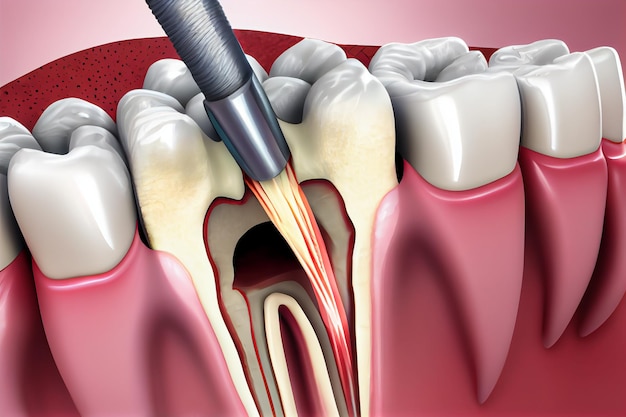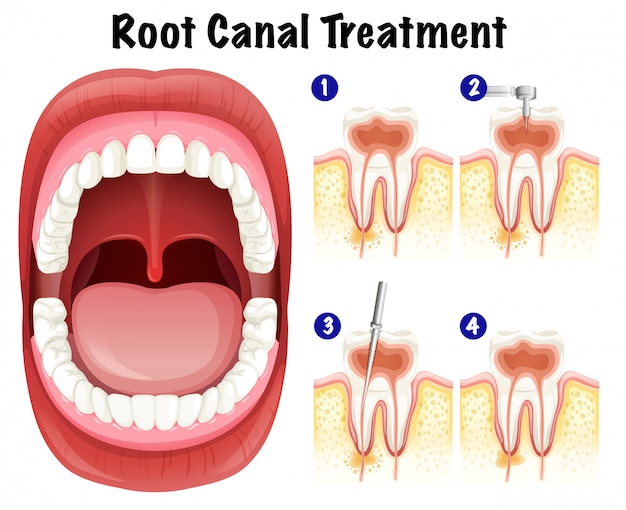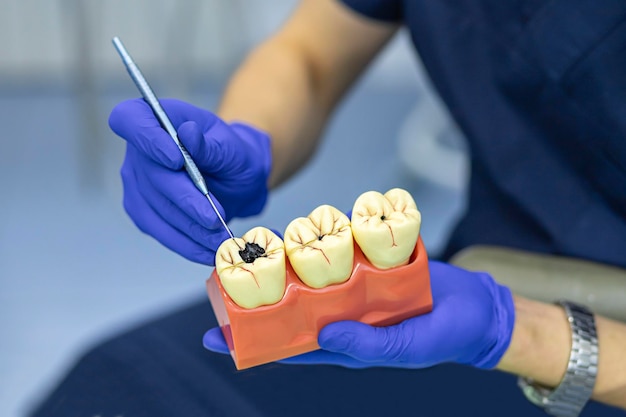Endodontics
Endodontics is a specialized field of dentistry that deals with the diagnosis, prevention, and treatment of diseases and injuries that affect the dental pulp and surrounding tissues. The dental pulp is the soft tissue located in the center of the tooth, containing blood vessels, nerves, and connective tissues. Endodontic treatment involves the removal of infected or damaged tissue from the pulp and root canals, followed by cleaning, shaping, and filling of the space to prevent further infection or damage.








